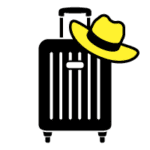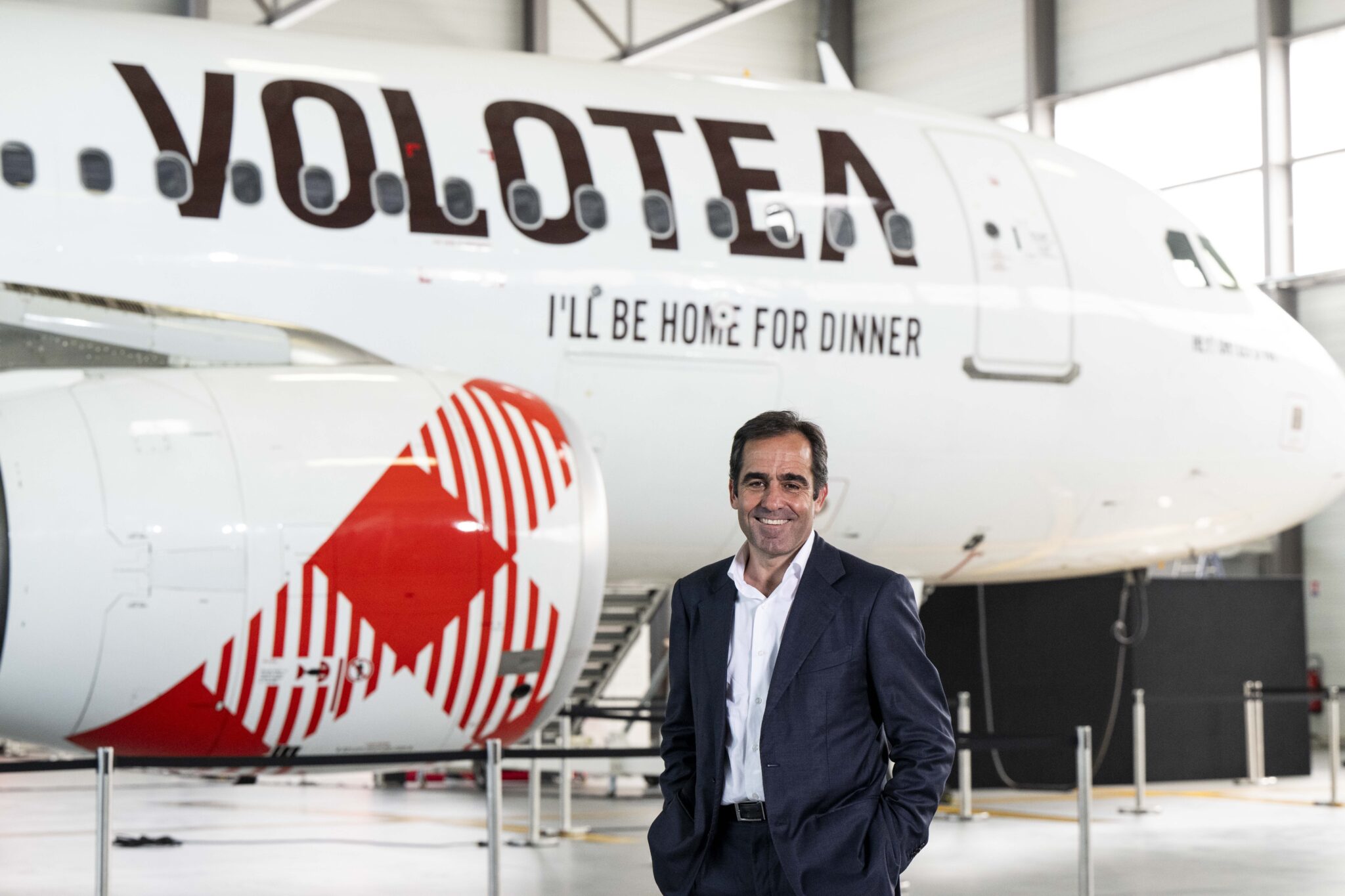Skift Take
Volotea is something of a maverick among European budget carriers. It's strategy according to CEO Carlos Muñoz? Don't chase the big guys and get the basics right.

Leaders of Travel: Skift C-Suite Series
What are the top trends impacting hotels, airlines, and online bookings? We speak to the executives shaping the future of travel.
There’s a fairly high chance that you’ve never heard of Volotea. But it’s one of the quirkiest budget airlines anywhere on the planet. It’s also (usually) pretty profitable.
Think of European low-cost carriers and the big boys probably come to mind. Ryanair, easyJet, and Wizz Air are the most prominent players continent-wide, with the likes of Vueling, Norwegian, and Eurowings also enjoying a high profile, especially in their home regions.
But how does Volotea, a privately owned and financed airline, survive in Europe’s hyper-competitive market?
The Barcelona-based company leaves the trunk routes for the big names. Instead, it has carved out a niche serving smaller cities overlooked or ignored by others.
Volotea’s Secret SauceVolotea was founded in 2011 by Carlos Muñoz (pictured above) and Lázaro Ros, but this wasn’t their first foray into aviation. The duo also founded the aforementioned Vueling, which is now owned by IAG, the parent firm of British Airways and Iberia.
While you’ll find Volotea’s distinctive red and white airplane tails at airports in Paris, Rome, and Madrid, the core of the Volotea network lies in secondary and tertiary European cities. The airline has almost 450 routes, with more than half of these being exclusively served by Volotea.
The airline reaches 110 airports, stretching from Portugal to Greece and most countries in between. It is strongest in France, Italy, and Spain, where it has the bulk of its 21 network bases. Earlier this year, the all-Airbus operator carried its 60-millionth passenger.&n
